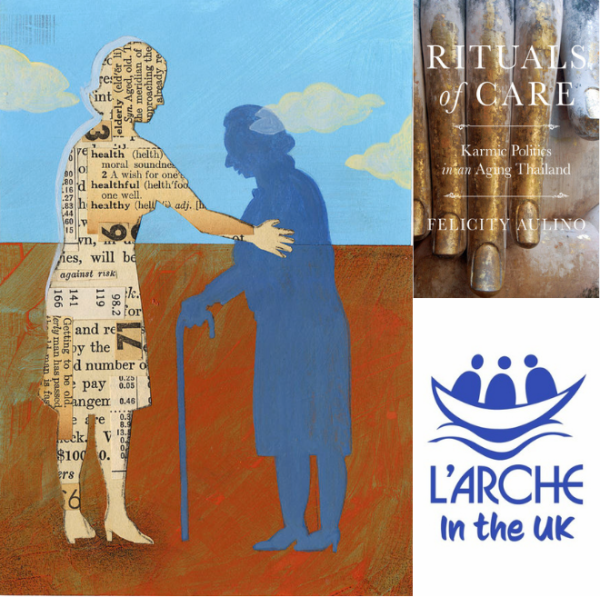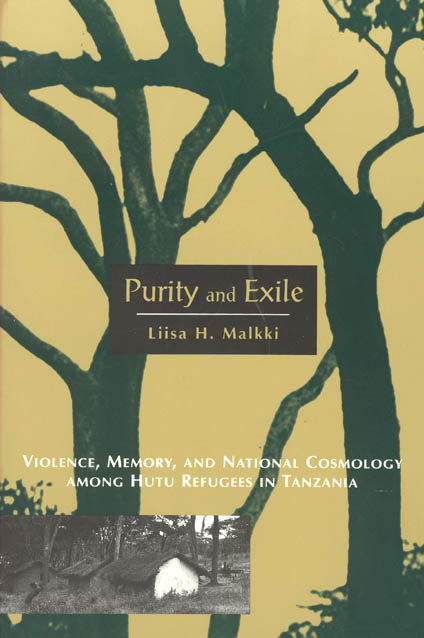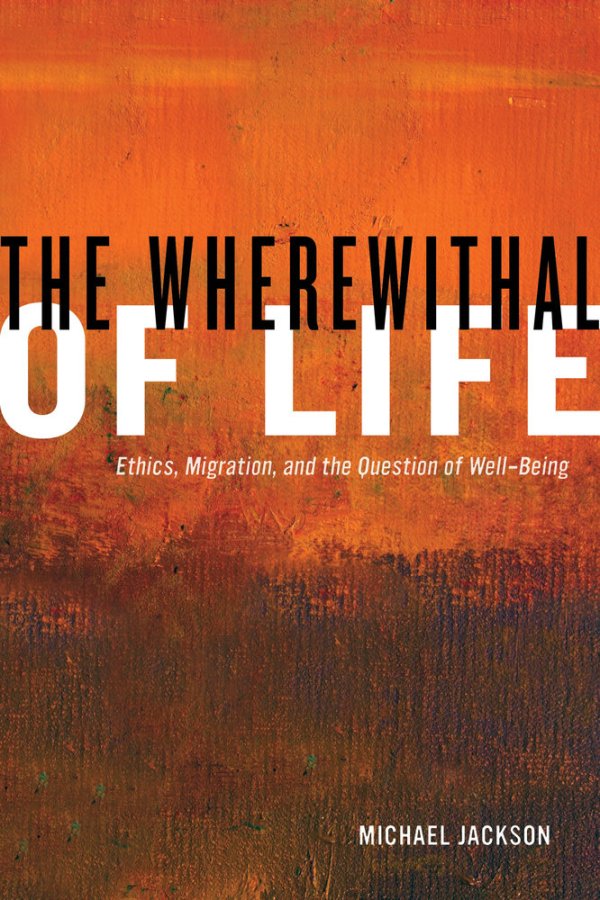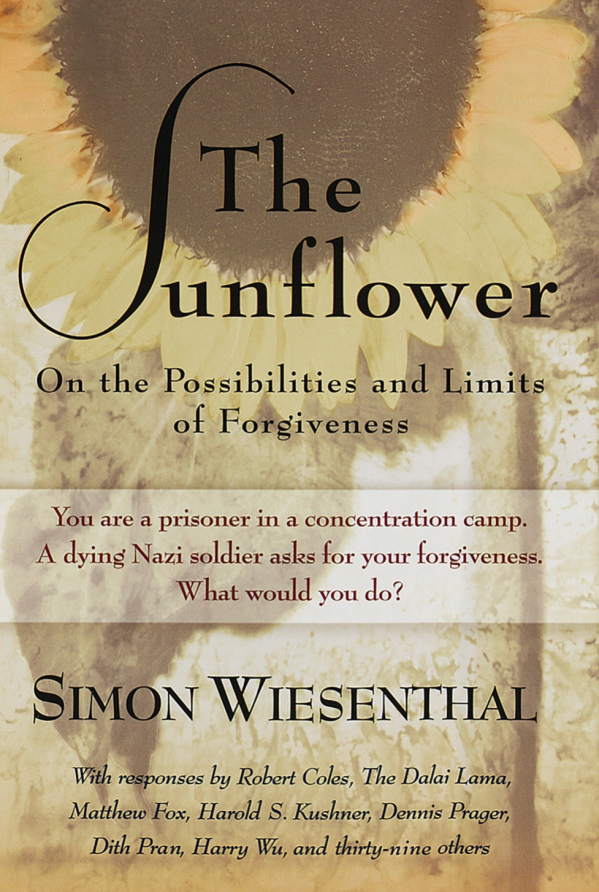The mentioning of Foucault often reminds one of the ways of understanding and analyzing the disciplinary technologies and discourses at play in various institutions—be it prisons, hospitals, or asylums—that the modern citizen is subject to. And so, throughout his works, one is also presented with the relationships between...
Combined Book Review: Care and Its Discontents: Two Ethnographic Cases
The precarity of the human condition makes care a vital fabric of social life and acts of care a driving force of our moral engines. Despite how there is so much care work to be done and how often such acts are received with awe and gratefulness, no care work, arguably, is straightforward or without an issue. Every act of care bears with it...
Combined Book Review: The Inevitable Within Grasp: Contemporary Death and End-of-life
Death is surely a defining feature of the human condition—tying every being together with its universality and constituting the ethical substance of many lives. Beneath such universality, however, lies particular understandings of how a ‘good death’ should be. One could, perhaps, argue that...
Book Summary: Hermeneutics: A Very Short Introduction / Jens Zimmermann
Chapter 1: What is hermeneutics? According to Zimmermann, a simple answer to the question is that "it means interpretation" (p.1). "Interpretation occurs in many fields of study and also day-to-day life. We interpret plays, novels, abstract art, music and movies, employment contracts, the law, the Bible, the Quran, and other sacred texts; but we also... Continue Reading →
Book Review: Palestinians Born in Exile: Diaspora and the Search for a Homeland / Juliane Hammer
Hammer, Juliane. Palestinians Born in Exile: Diaspora and the Search for a Homeland. University of Texas Press, 2005. In this ethnographic book Juliane Hammer, a scholar of Religious Studies with a focus on Islam, writes about the different ways Palestinians born in exile subjectivize their Palestinian identity and how they experience 'return' to homeland. She has... Continue Reading →
Book Summary: Purity and Exile: Violence, Memory, and National Cosmology among Hutu Refugees in Tanzania / Liisa H. Malkki
In her ethnographic work, Malkki researches the Hutu refugees in exile in Tanzania who had to flee their homes in Burundi due to a bloodbath of ethnic conflicts with the Tutsis, a minority group that controlled the military in the country. Malkki categorizes refugees as camp and town refugees and thus conducts multi-sited fieldwork in... Continue Reading →
Book Summary: The Wherewithal of Life: Ethics, Migration, and the Question of Well-being / Michael Jackson
In his book, Michael Jackson looks deeply into the lives of three individuals, Emmanuel Mulamila, Roberto M. Franco, and Ibrahim Ouedraogo while shedding some light on their journeys that concern the endurance of life via different ethical modes of being, how these individuals approach and derive meanings from their extraordinary encounters in life, and what... Continue Reading →
Book Summary: The Sunflower: On the Possibilities and Limits of Forgiveness / Simon Wiesenthal
In The Sunflower Simon Wiesenthal narrates his story that occurred during his time as a concentration camp inmate during the reign of the Nazis; a time in which many, such as his friends, had lost hope and started questioning God: "It is impossible to believe anything in a world that has ceased to regard man... Continue Reading →
Book Summary: An Enquiry Concerning Human Understanding / David Hume
Section I: Of the Different Species of Philosophy According to Hume, “moral philosophy, or the science of human nature, may be treated after two different manners” (p.1). The first type of philosophical thinking he refers to is one that considers man born for action, considers his taste and sentiment, borrows help from poetry and eloquence,... Continue Reading →
Book Summary: On the Study Methods of Our Time / Giambattista Vico
I According to Vico, “the men of the modern age, have discovered many things of which the Ancients were entirely ignorant; the Ancients, on the other hand, knew much still unknown to us” (p.4). And pursues the question ‘which study method is finer and better, ours or the Ancients?’ while describing his goal as “to... Continue Reading →









